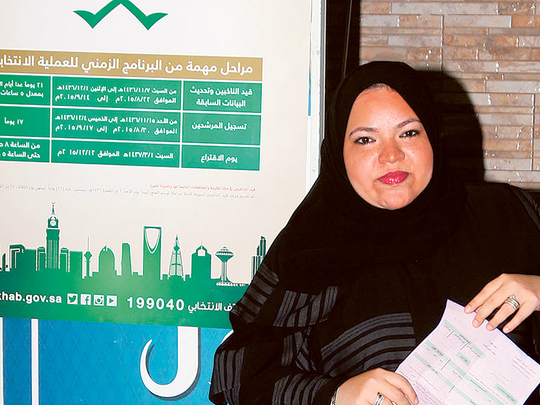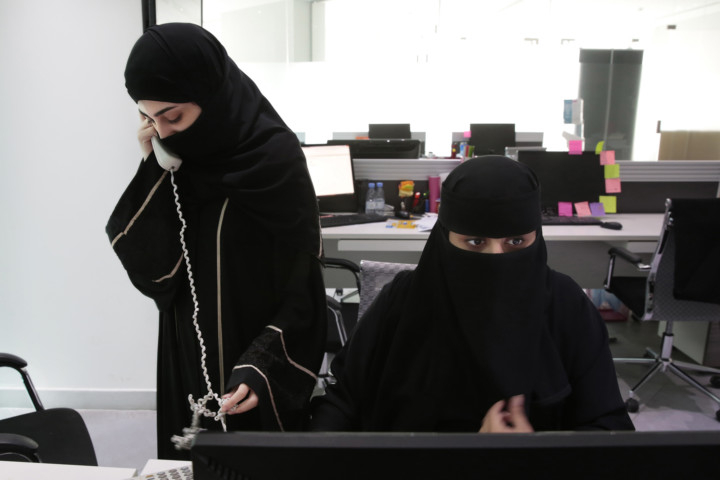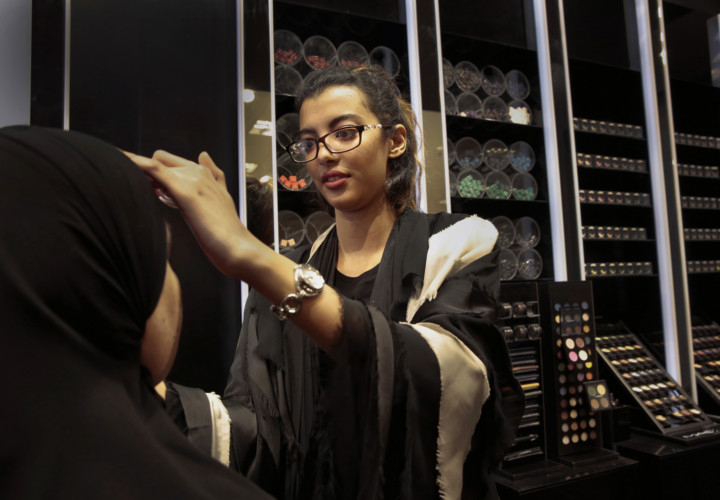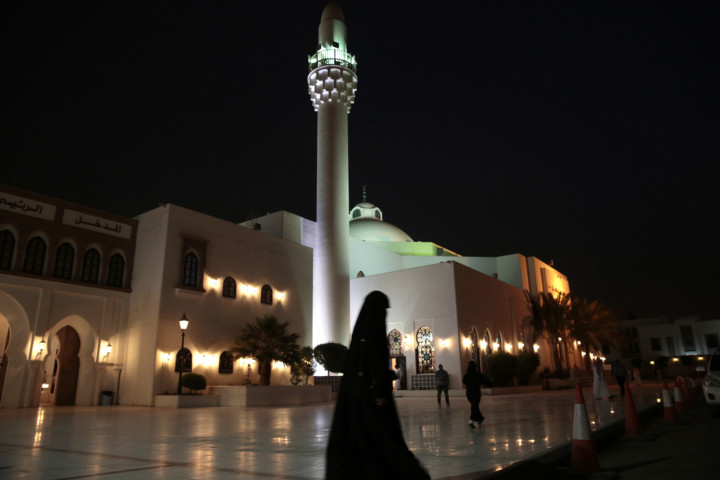
In 2011 the late King Abdullah Bin Abdul Aziz Al Saud declared that Saudi women would, for the first time in history, be permitted to run as candidates in local elections and would have the right to vote.
This week, that ruling finally came to pass as women began registering to vote. According to local press, 70 women are looking to run as candidates in the December elections and 80 women have registered as campaign managers.
The king’s decision came during the fervour of the Arab spring, but this long-drawn-out win for Saudi suffrage came with a deliberated internal campaign led, in part, by Dr Hatoon Al Fassi - historian, writer and women’s-rights campaigner. “This wouldn’t have been possible if not for women’s mobilisation from within,” she told the Guardian. “We are not going to accept anything less than being acknowledged, or being granted our full legal capacities and rights”.
Al Fassi, an associate professor of women’s history at King Saud University, has been heavily involved in improving the slow progress of Saudi’s social shift towards women’s inclusivity. “We’ve been campaigning tirelessly to claim our rights,” Al Fassi explained over the telephone. “At the moment, we’re recalibrating by taking our first steps into the world of elections, voting and running for the council that we’ve been demanding since 2004.”
This history of Saudi’s rigidity with regards to women’s rights lies in its religious and political context.
“I think there is the realisation from different groups, including the conservative groups, that what happened in the past, where their voice was the only one represented in society, would no longer continue,” Fawzia Abu Khalid, a political sociologist at King Saud University, told Al Jazeera this week.
Al Fassi agrees. “We are not accepting anything less than being acknowledged, or granted our full legal capacities and rights,” she says. “The obstacles that women are facing are a reflection of women’s place in society. We don’t have an independent body of representation, we’re not seen as autonomous, we are always seen next to a man.”
Women in Saudi Arabia, of course, must still have written approval from a male guardian - a father, husband, brother or son - to leave the country, work or even undergo certain medical operations.
“No matter whether you’re divorced from him, or he disappears, or dies, your legal status is warped. A woman is only identified through her main guardian after she’s married: her husband.”
There are many social barriers for women in Saudi Arabia. Although there’s been a women’s movement since the 1960s, Al Fassi says that in 1990, when 47 women went driving despite the country’s cultural norms (but not, as widely believed, the law), it marked both the need and importance of women’s activism in the kingdom.
“That moment, when they were arrested, harassed and sacked from their jobs, the debate that went through the city raised a certain awareness about the strength of activism that was different from anything before.” She pauses, and sighs. “But throughout the decades there’s been issues, and other demands, like the right to acknowledge women’s issues, is an issue. More groups have been formed. They stick together.”
Which brings it back to her first point: Saudi women are shifting the narrative and changing the rhetoric for, and about, all Saudi women. They are demanding change, and creating something entirely unique, for themselves.
“There are many debates that take different directions, but at the moment, during this period, we are concentrating on the fact that as many women as possible should enter and register in these three weeks to spread the word about what can happen if women get more power. Then we can change things for ourselves.”
While Al Fassi is aware that much more is yet to be done, she is pragmatic about what she wants and expects for Saudi women in her lifetime: “We try and be reasonable when calling for our rights. So, right now, we’re celebrating - we’re not looking at the negativity, yet. We can’t discourage the country, or the state, to give us more rights, so we have to learn to negotiate. The way we do so is by appreciating how far we’ve come.”













